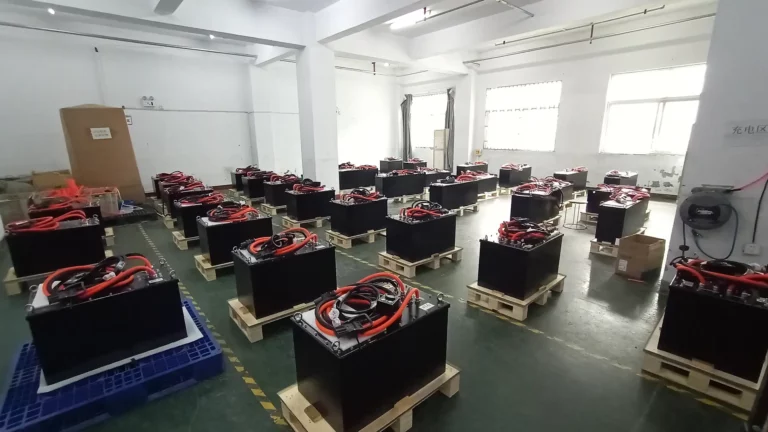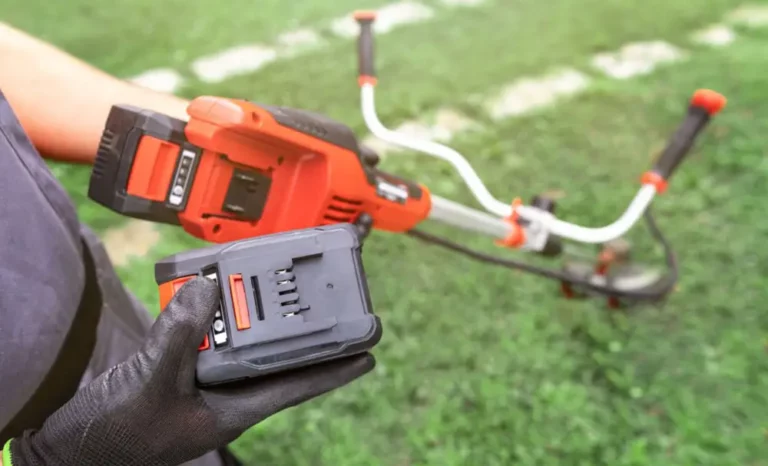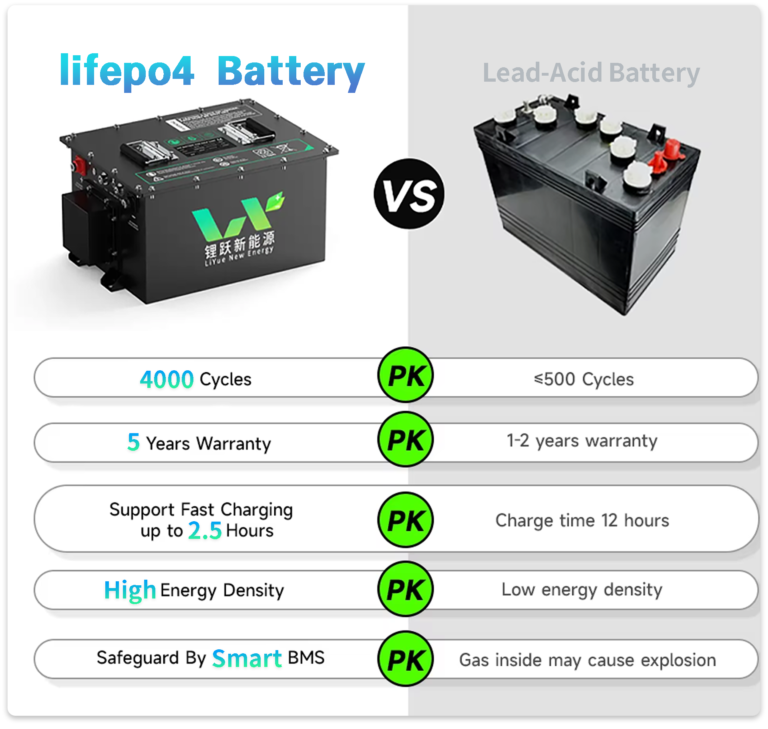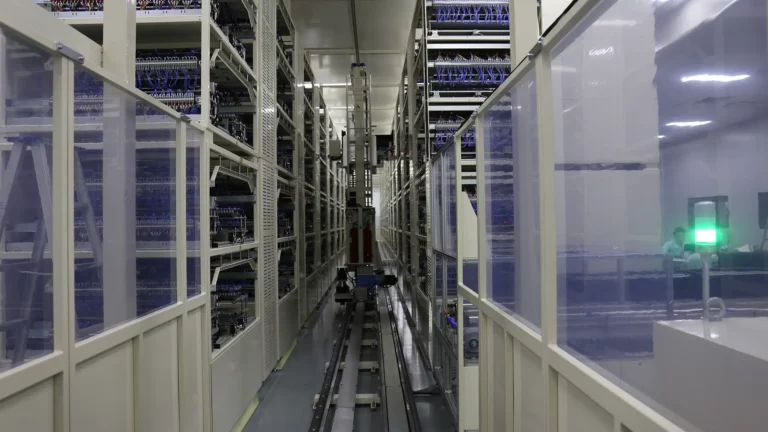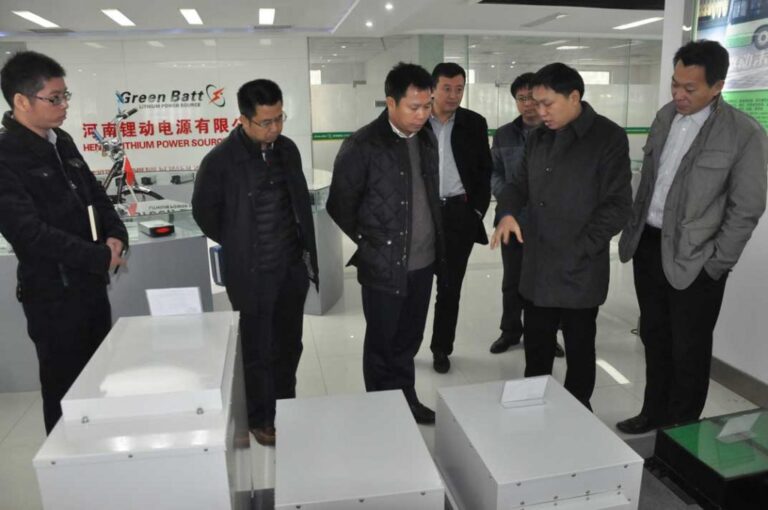Henan Liyue New Energy Co., Ltd

Solar Energy Storage System: Efficient and Sustainable Power for Your Home
Solar energy storage systems are transforming how homes generate and store power. Combining solar panels, inverters, and lithium batteries, these systems provide clean, efficient, and independent energy solutions.
Since the 21st century, as everyone’s demand for electric energy has continued to increase, our demand for the stability and security of home power sources has also continued to increase. Whenever I look at the long electricity bills at home and the sudden power outage crisis, I think I should do something.
I know that our mother earth is also very distressed, because thermal power generation will emit carbon dioxide into the atmosphere, and the global warming problem caused by the increase in the content of carbon dioxide in the air is now more and more serious. The country and society have also realized the seriousness of the matter and began to promote the development of environmentally friendly renewable energy. As a result, clean, efficient and economical home photovoltaic self-generation systems have emerged.
Today, let Liyue tell you about the structure and basic working principle of the home photovoltaic self-generation system, and help you determine which of the three modes of off-grid, hybrid grid and grid-connected system is the most suitable for your current needs.
Basic components of home photovoltaic energy storage system
A home energy storage system typically comprises three main components:
- Photovoltaic Panels (Solar Panels): These panels are responsible for capturing sunlight and converting it into electrical energy.
- Inverter: This device converts the direct current (DC) produced by the solar panels into alternating current (AC), which is used by most household appliances.
- Lithium battery energy storage system: stores excess electricity from solar power generation to ensure that electricity can still be provided when there is no sunlight. Compared with traditional lead-acid batteries, lithium batteries have higher energy density, longer service life and shorter charging time.
Generally speaking, photovoltaic panels convert sunlight into direct current, inverters convert it into alternating current for our daily use, and lithium-ion batteries can store excess electrical energy to ensure that electricity is available when needed.
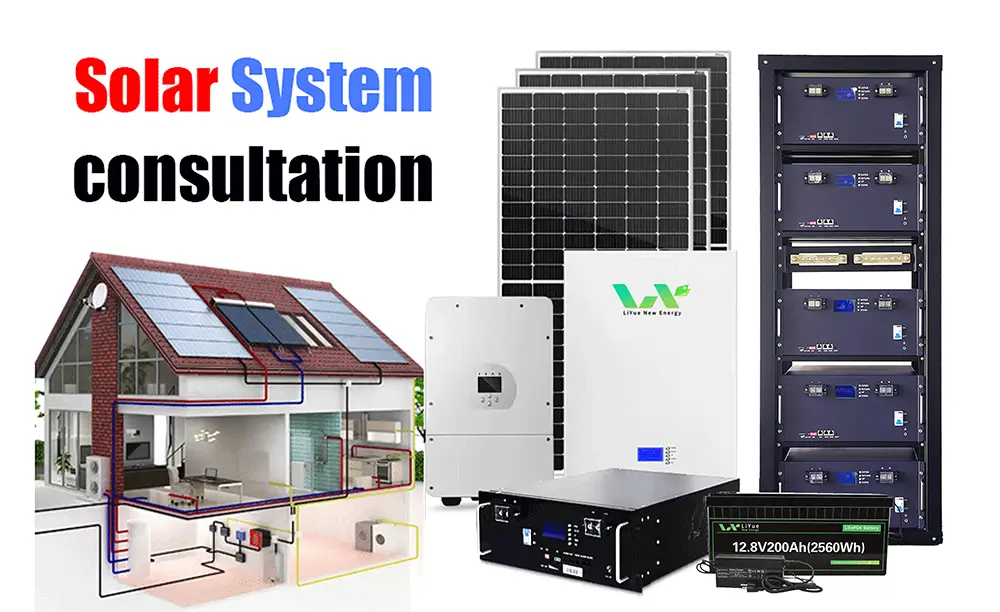
Choosing the Right System: Off-Grid, Grid-Connected, or Hybrid?
Selecting the right home energy storage system depends on your energy requirements, location, and budget. Let’s look at the three main types:
1. Off-Grid System
The core of the off-grid system is self-sufficiency, which is completely independent of the power grid. Its composition is simple, mainly including solar panels, inverters and energy storage lithium batteries. This model is suitable for places without power grid coverage, such as remote areas, mountainous areas, islands or rural areas far away from cities. If you want to be completely independent of the power grid and maintain energy independence and security, the off-grid system is very suitable. The only thing to note is that the capacity of the energy storage battery needs to be large enough to ensure that there is enough power at night or on cloudy days.
2. Grid-Tied System
The grid-tied system is the most common type, which basically cooperates with the power grid. It does not require lithium battery energy storage. The solar panels will directly use the electricity generated by the solar panels for household use, and the remaining electricity will be fed back to the grid through the inverter to obtain income. If the solar energy is not enough, the system will automatically supplement the energy from the grid for household use.
3. Hybrid System
The hybrid system combines the advantages of off-grid and grid-tied, both cooperating with the grid and storing electricity. During the day, solar power is used for home consumption, and the remaining power is stored in the battery; at night or on cloudy days, the power stored in the battery is used first. If the battery power is insufficient, power is taken from the grid.
Key Considerations for Installing a Home Energy Storage System
Before installing a home energy storage system, consider the following:
- Energy Needs: Assess your daily energy consumption to determine the capacity of the system you need.
- Budget: Consider the initial setup costs, including the price of solar panels, inverters, and batteries.
- Local Regulations: Check local policies and incentives for solar installations.
- Installation and Maintenance: Choose a reputable provider for installation and regular maintenance to ensure system efficiency and longevity.
Through the above introduction, you should have a general understanding of how to choose a suitable home energy storage system. If you have any questions or need further assistance, please feel free to contact us, our excellent team of engineers will be happy to help you.

